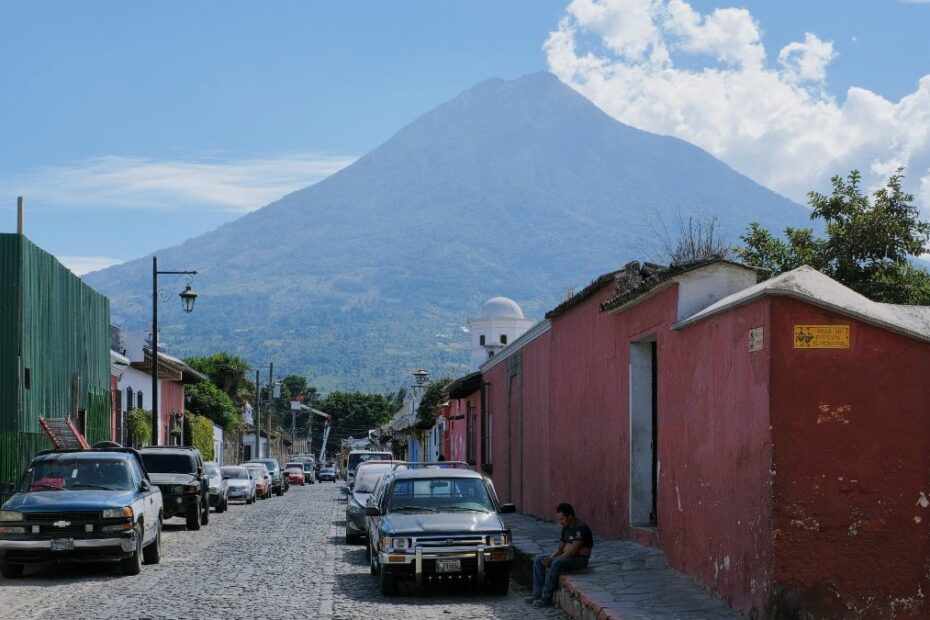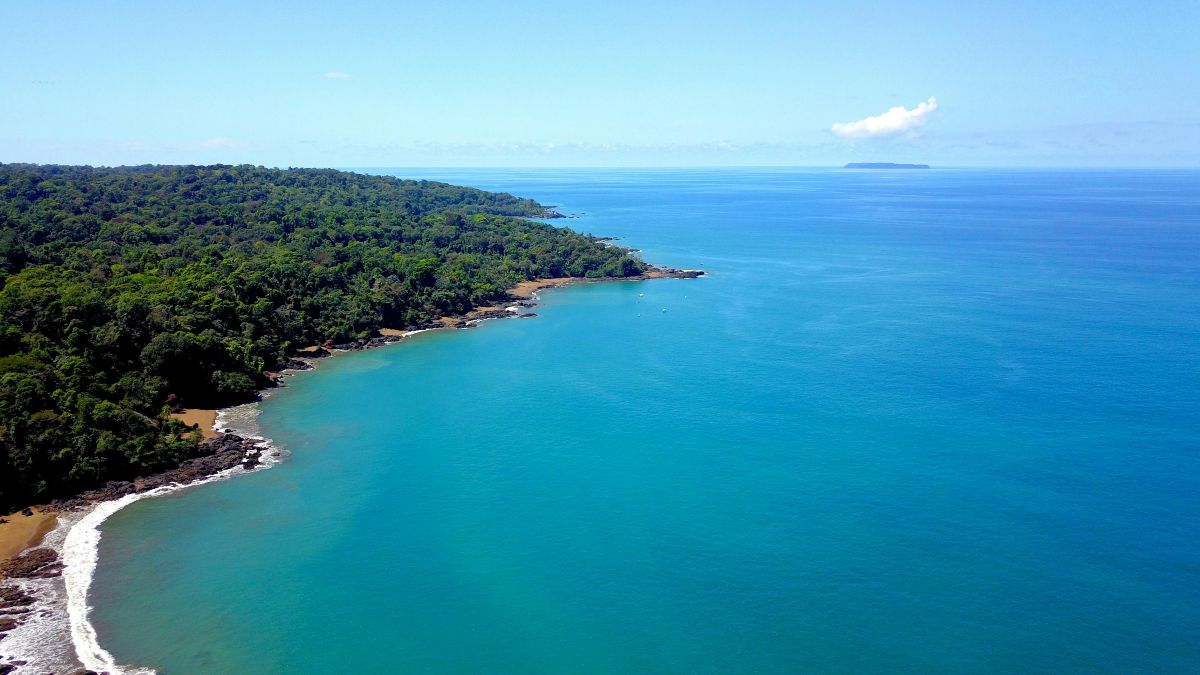Thinking of moving to Central America? Learn how to navigate challenges, from visa renewals to contract reviews in this article about expat legal matters.
Dreams of tropical living and adventure may fill your mind when planning a move abroad, but navigating local regulations is crucial. Wrestling with residency rules or puzzling over property contracts in Spanish isn’t fun, but handling legal matters in a Central American country needn’t be a nightmare. This article offers essential tips for tackling the tricky bits.
1. Get Acquainted with Residency Requirements and Tourist Visas
All seven Central American countries have unique residency laws and tourist visa situations. For example, while many people can stay in Costa Rica for up to 180 days on a tourist visa, Nicaragua has a 90-day maximum stay, and Belize has a 30-day limit. After these periods, you’ll need to renew your visa, either by leaving the country and returning or by visiting an immigration office. Some countries insist you leave and don’t offer renewal at a tourist office, while others do. If you’re in the region as a tourist rather than a resident, know the exact rules:
- Belize: Tourists can stay up to 30 days (renewable at an immigration office for $100 per month for up to six months).
- Costa Rica: Tourists can stay up to 180 days. They must leave the country and re-enter after that period.
- El Salvador: Tourists can stay up to 90 days and renew once at an immigration office. After that, they must leave and renew their visa. They cannot do so by entering another CA-4 country (Guatemala, Honduras, Nicaragua).
- Guatemala: Tourists can stay up to 90 days. They must leave the country and re-enter after that period but cannot renew their tourist visa by entering another CA-4 country (El Salvador, Honduras, Nicaragua).
- Honduras: Tourists can stay up to 90 days. They must leave the country and re-enter after that period but cannot renew their tourist visa by entering another CA-4 country (El Salvador, Guatemala, Nicaragua).
- Nicaragua: Tourists can stay up to 90 days. They must leave the country and re-enter after that period but cannot renew their tourist visa by entering another CA-4 country (El Salvador, Honduras, Guatemala).
- Panama: Tourists can stay up to 180 days. They then must leave the country for at least 30 days before reentering.
For residency, each country offers investment, retirement, family, and other options. They all have different requirements for proof of income and other factors. Know these options ahead of time.
Research helps avoid surprises and streamline the process when applying for residency. Seek advice from expats who’ve navigated the system before you. That firsthand knowledge is priceless in ensuring you meet all requirements without a hitch. Sometimes it’s possible to arrange your residency yourself without an attorney; other times it isn’t. Again, knowing in advance if you need an attorney saves time in the long run.
Whatever kind of eventual residency you seek in Central America, it makes sense to spend at least a few months as a tourist first. Here’s a country-by-country guide to the tourist entry requirements for each country in the region.https://t.co/7MBZt6s8ZZ
— Central America Living (@VidaAmerica) October 12, 2023
2. Consult a Local Lawyer for Contract Reviews
Understanding local legal jargon in contracts (say, rental agreements) is daunting. Hiring a local lawyer can clarify these complexities, especially if you don’t speak Spanish. They can spot clauses that might cause issues later and advise on negotiating more favorable terms.
Think of it as investing in peace of mind—paying upfront to avoid costly mistakes down the road. Plus, building this relationship offers ongoing legal support for any future disputes or new ventures in your Central American journey.
3. Learn the Local Language
Language barriers present another challenge in most of Central America, where Spanish prevails. By learning basic legal terms and phrases, you ease communication hurdles. Take classes or use apps designed for practical conversations to build your vocabulary.
Also, practice speaking with locals to gain confidence and fluency. Doing so demonstrates respect for the culture and helps during interactions at government offices or meetings about expat legal matters. It bridges cultural gaps and empowers you when handling any bureaucratic tasks that come your way.
4. Keep Informed About Changing Regulations
Another crucial step is staying updated on local legal changes. Laws and regulations shift fast in Central America, affecting residency requirements or tax obligations.
Many reliable news sources, expat forums, and educational platforms like Quimbee can offer valuable insights into possible changes. They provide comprehensive resources to help you understand local legal landscapes.
Subscribing to newsletters from legal experts specializing in the region keeps you informed too. This vigilance helps you avoid unintentional non-compliance with new rules that might otherwise catch you off guard. Staying informed protects your interests and allows for smoother transitions during your time abroad.
5. Understand the Local Tax System
You also need to grasp how the local tax system affects you. Each Central American country has its own tax regulations, which can differ from those at home.
If you’re a retiree or remote worker, this probably won’t affect you. But if you own a business or have residency that allows you to work in your country, it might. And if you’re from the United States, you might need to pay taxes there on income earned abroad. Consulting an accountant familiar with expat issues can make all this less of a headache.
Discover the best countries for digital nomads in Central America. Compare internet speeds, workspaces, cost of living, and more in this guide.https://t.co/EN0BvOnTaT
— Central America Living (@VidaAmerica) September 12, 2024
6. Prepare for Property Ownership Nuances
Laws governing foreign property ownership vary across Central American countries. For example, Costa Rica has strict laws on whether foreigners can build on property bought inside the maritime zone near the coast. Other countries allow foreigners to buy property without restrictions, although often it’s recommended to do so as a corporation. Research the specifics to prevent potential pitfalls or unexpected hurdles. Using a trusted realtor with local expertise can safeguard your interests when buying property in Central America.
Also, be aware of community norms and environmental regulations that may impact your plans for your property. As mentioned, Costa Rica has strict rules here, but so do other countries.
7. Network with the Expat Community
Tapping into the local community offers valuable support for expat legal matters. These networks provide firsthand experiences and practical tips for navigating everything from setting up utilities to understanding contract terms.
Attend local meetups or join Facebook groups specific to your destination country. Such platforms foster a sense of belonging while delivering practical advice and reliable recommendations for trustworthy legal professionals like, say, a personal injury lawyer for example, with invaluable expertise in ensuring your rights are protected in various legal situations.
Veteran expats often know insider secrets about government processes or shortcuts that could simplify things. This knowledge is invaluable for ensuring smoother transitions into your new life abroad.
If you are American or Canadian and looking for greater freedom…
Central America really provides a great balance of low tax, low cost of living, great weather, insane nature, and proximity to North America.
Underrated. pic.twitter.com/pHrawONN0X
— My Latin Life 🌴 (@MyLatinLife) May 2, 2024
Closing Thoughts
Settling in Central America brings both excitement and challenges, especially when dealing with expat legal matters. Give yourself a head start by staying informed, connecting with local experts, and learning from those who’ve paved the way before you. Consider every obstacle an opportunity to better understand your new environment.
While navigating a foreign legal system may seem daunting, taking proactive steps eases the transition. Equip yourself with knowledge and resources so you can enjoy life in the region without unnecessary stress.



